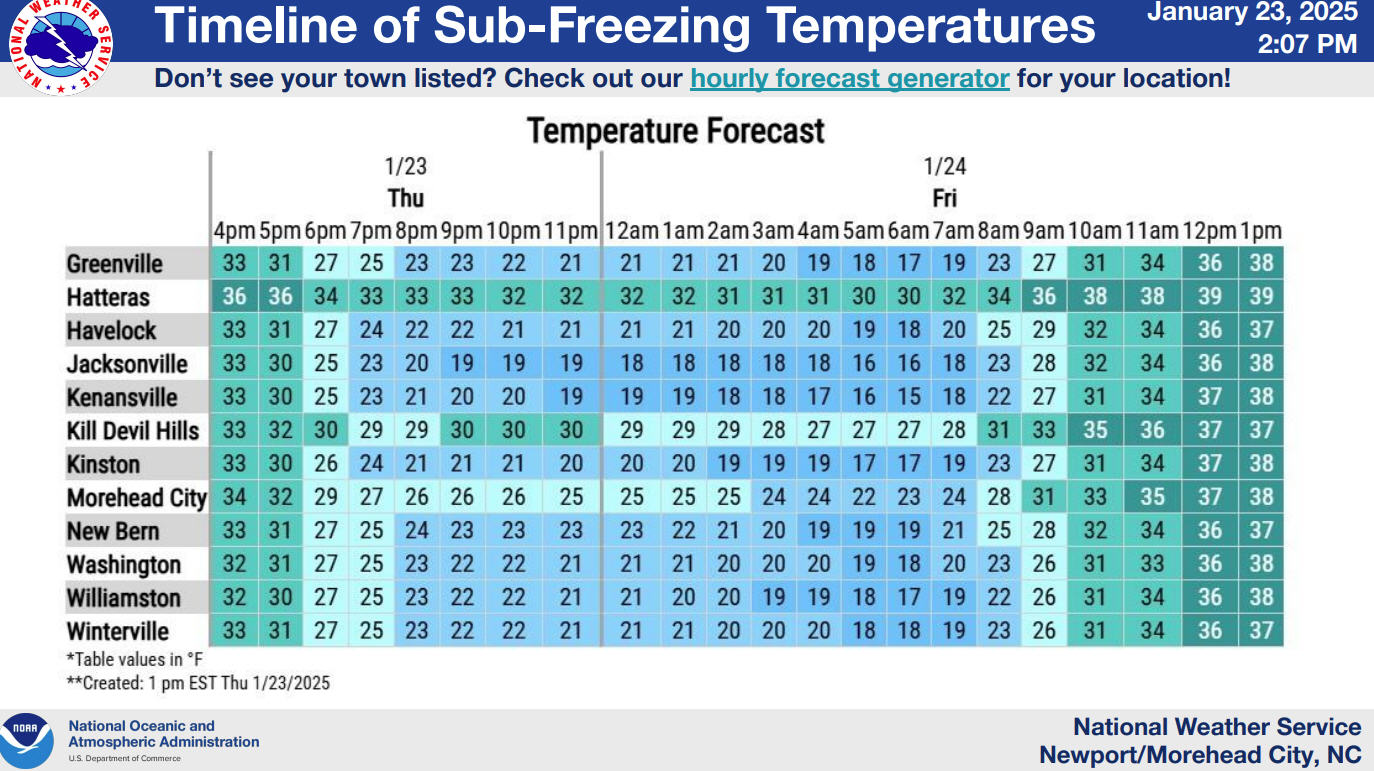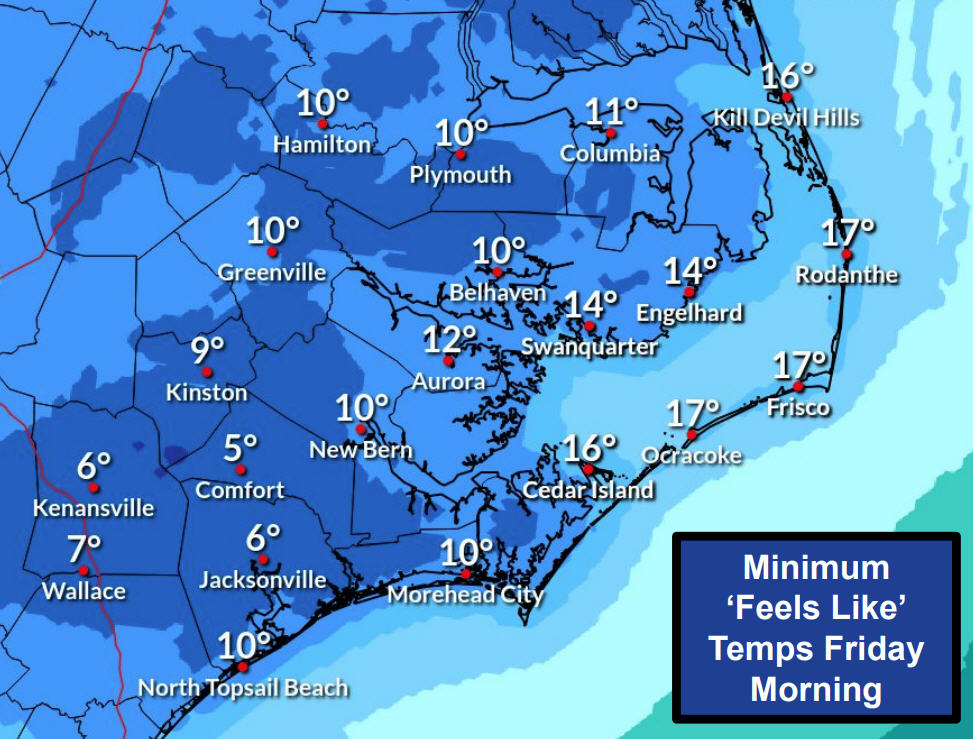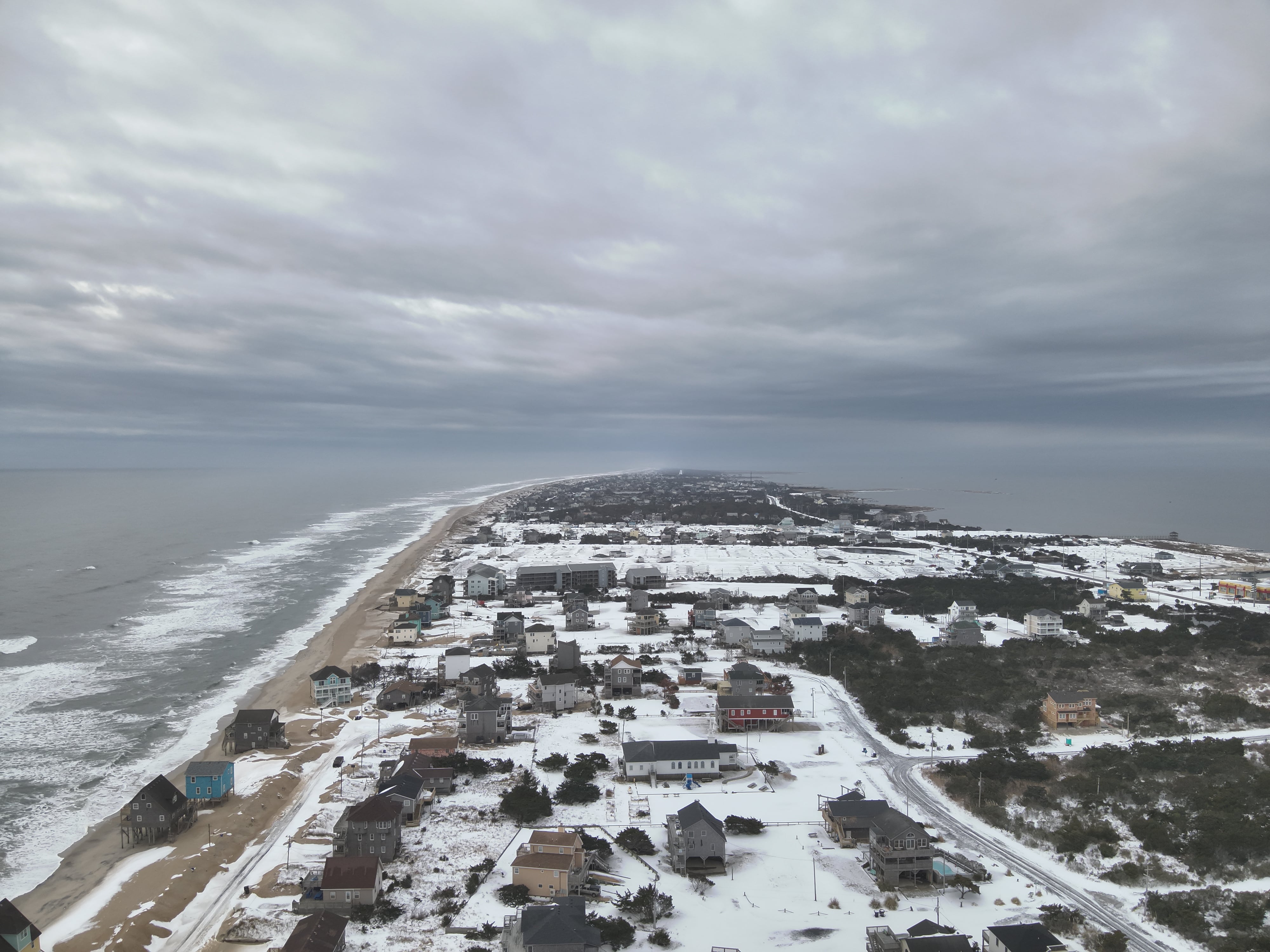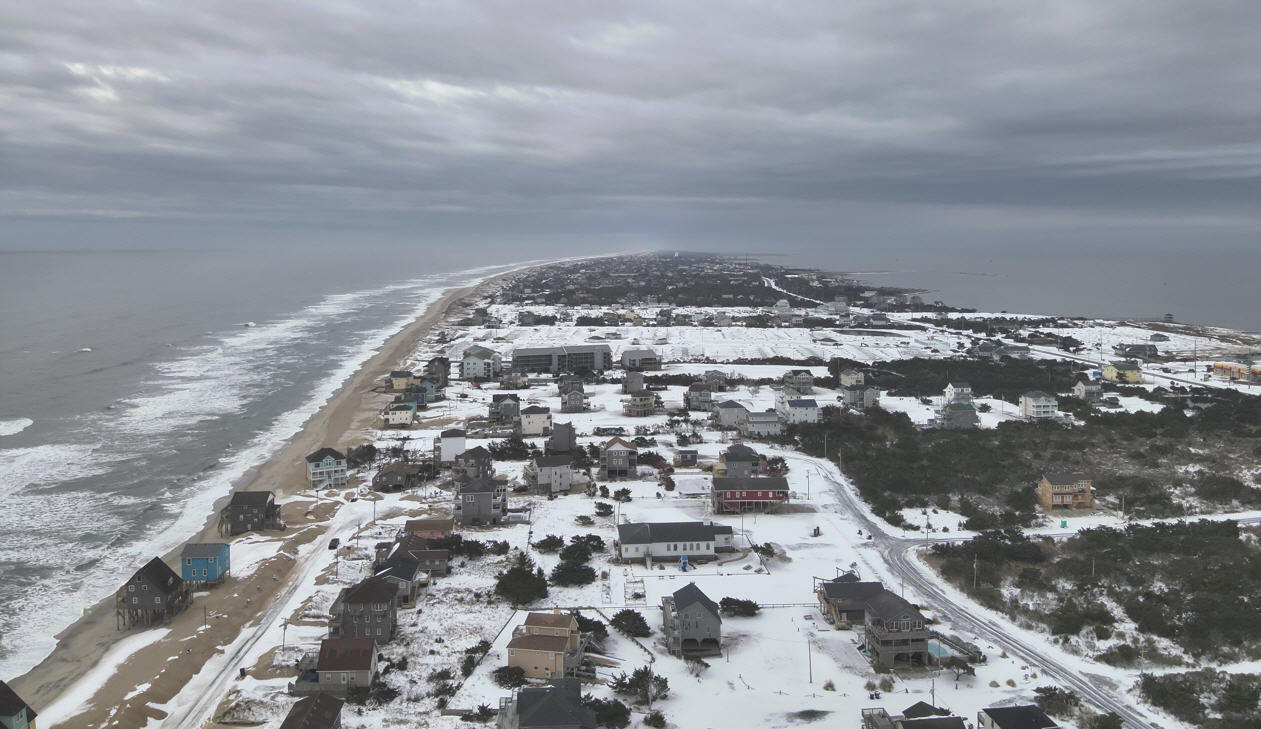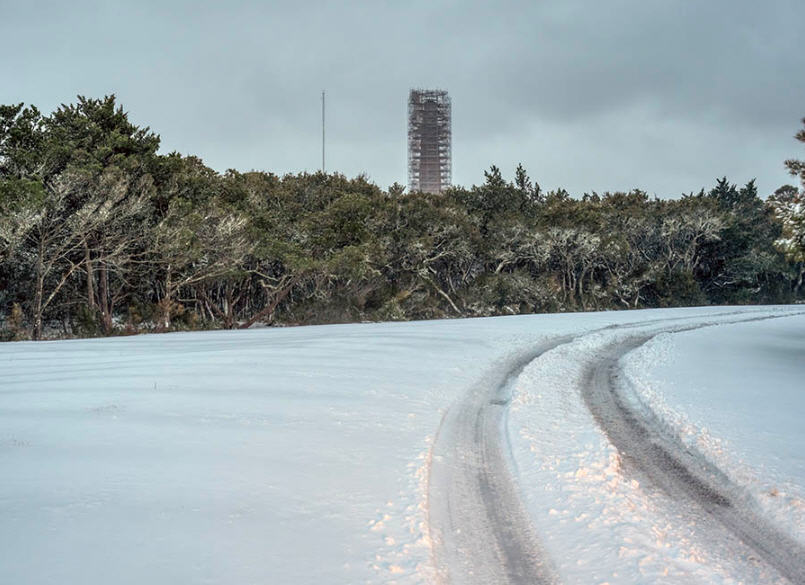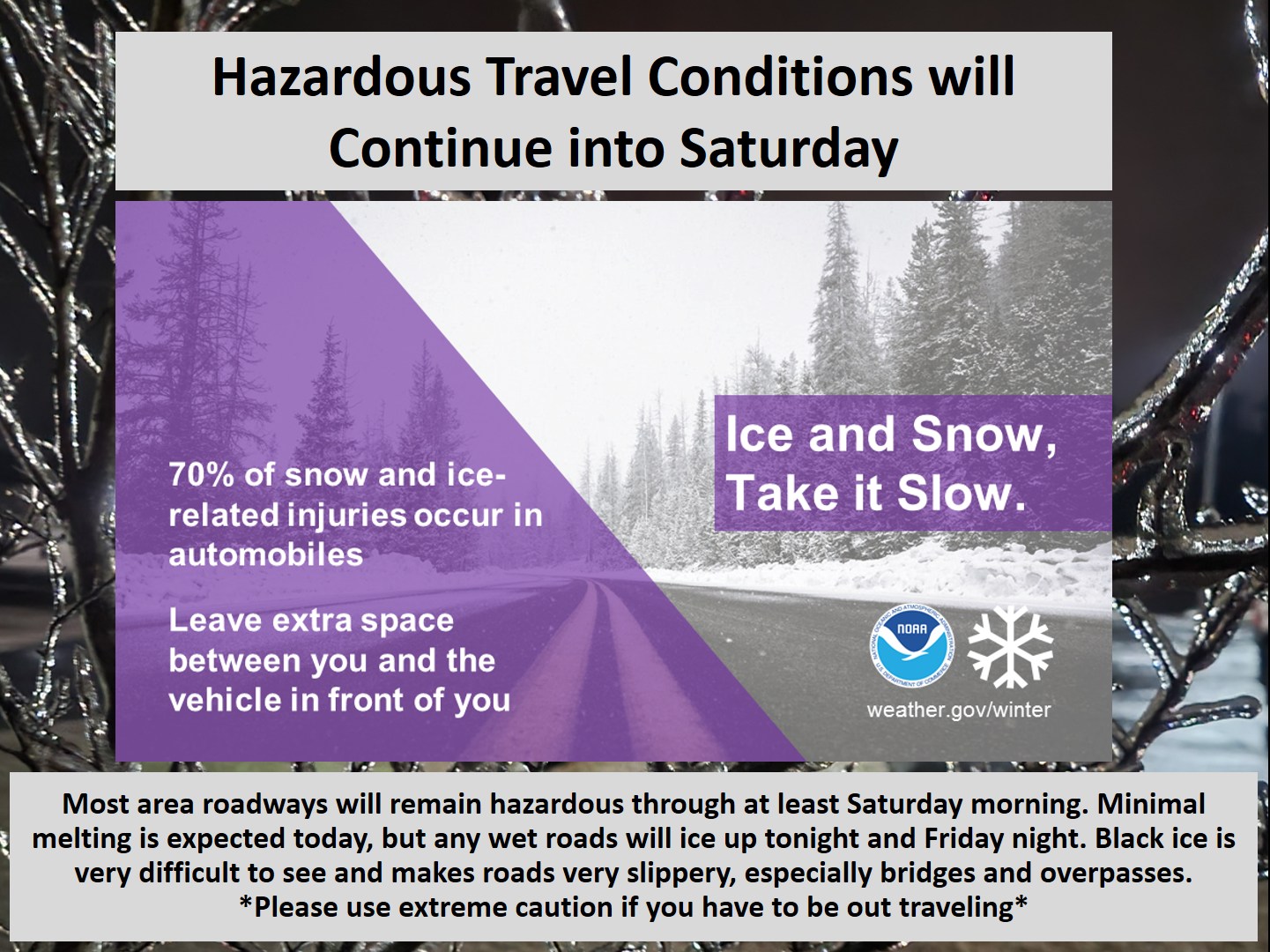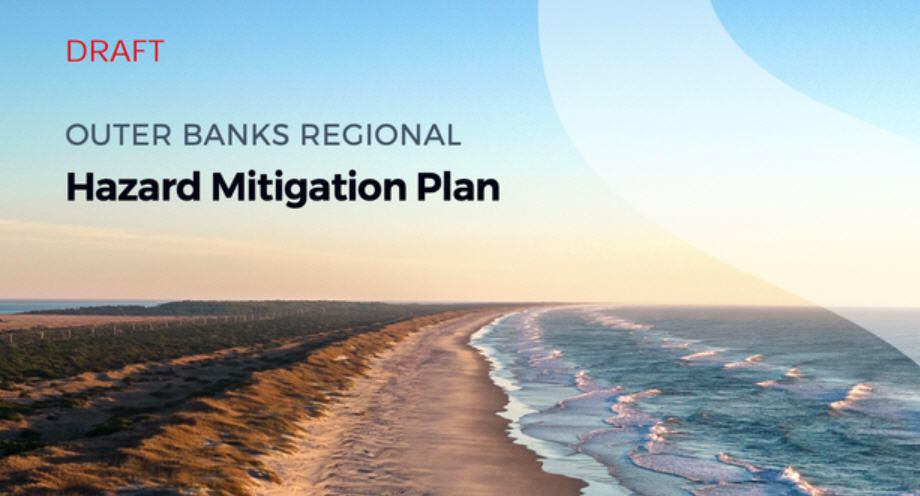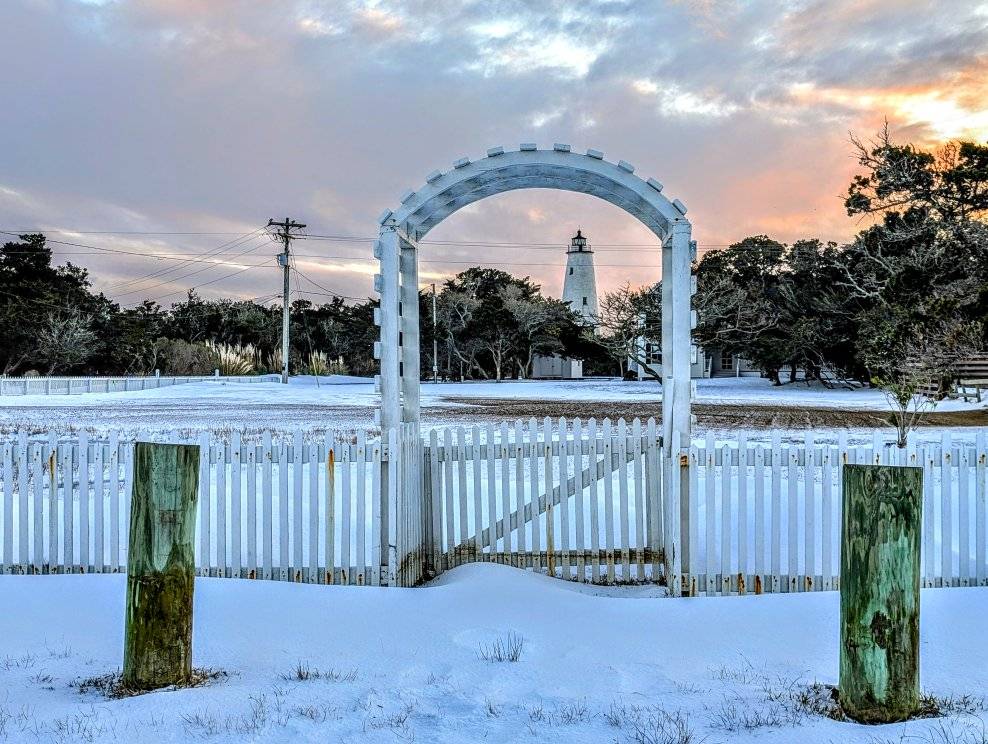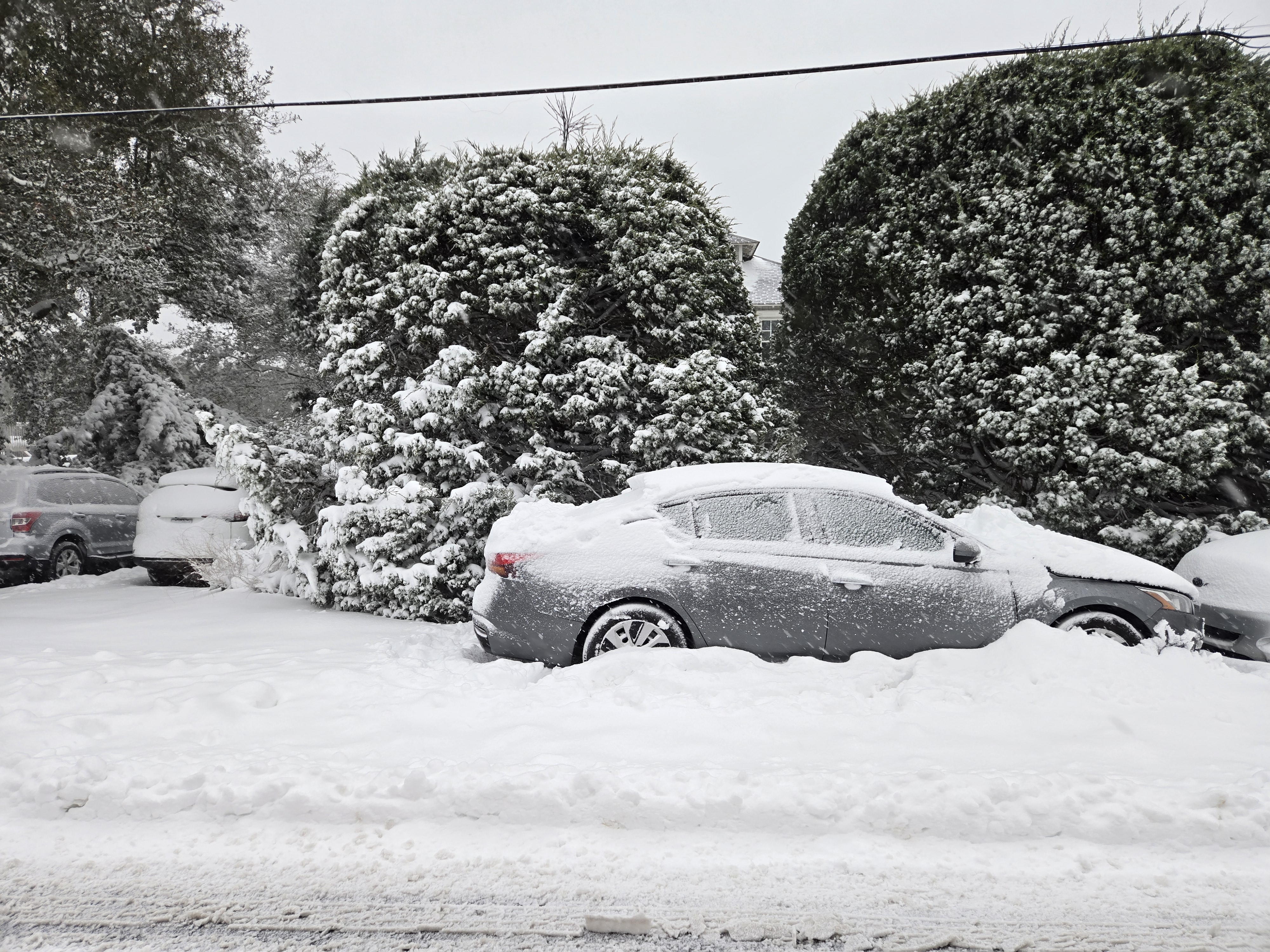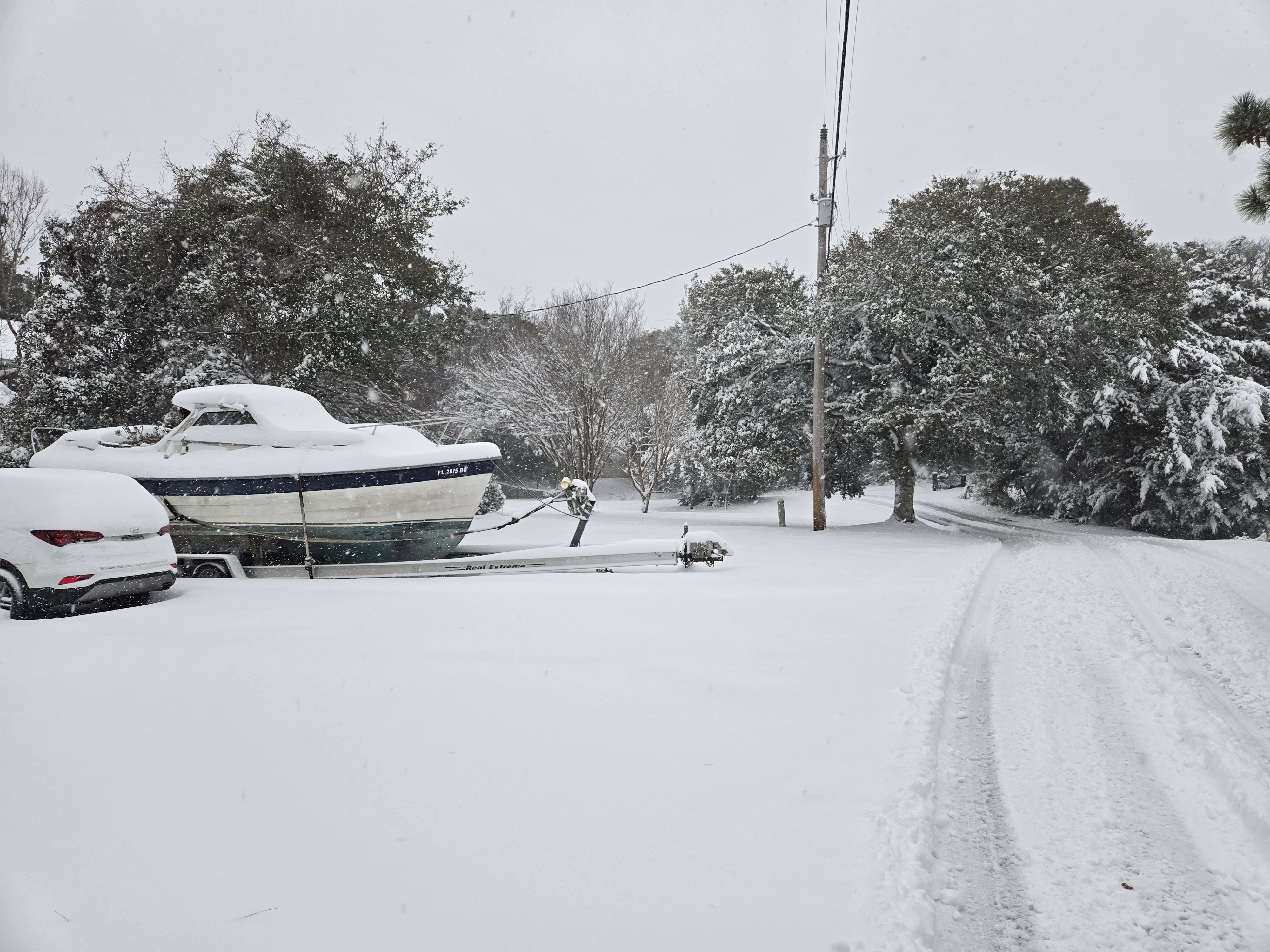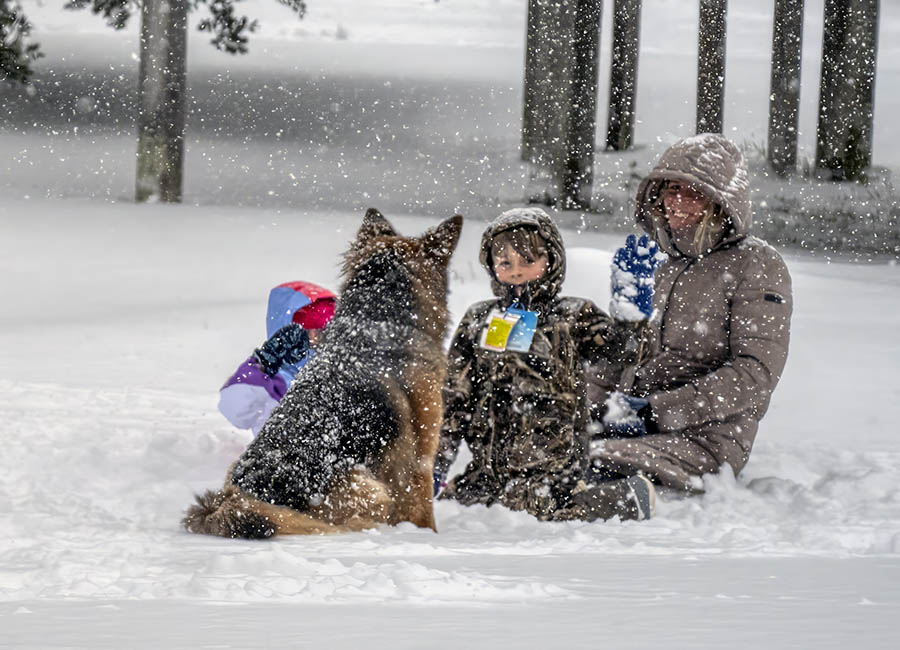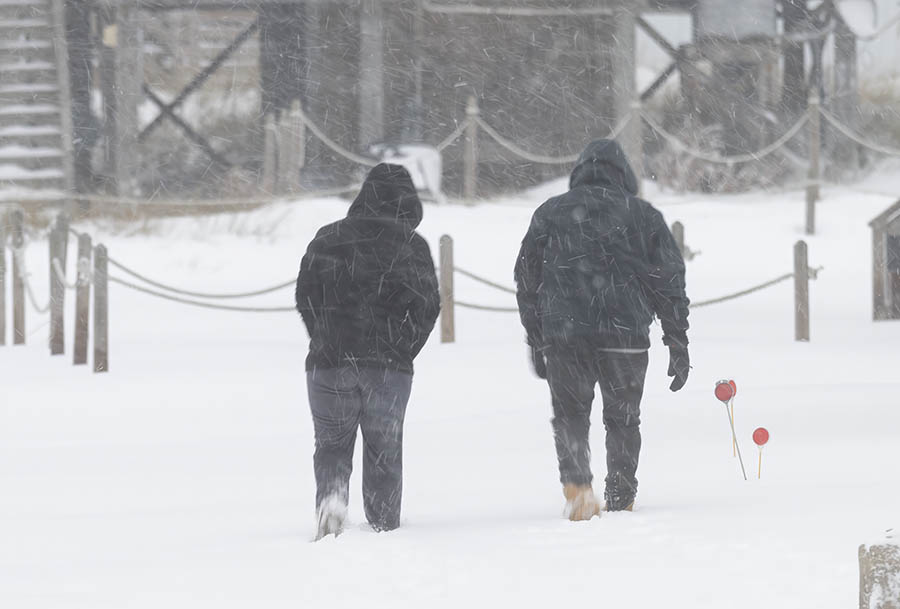Commentary: The loud sucking sound coming from my checkbook
By B.J. OELSCHLEGEL
By B.J. OELSCHLEGEL
The view from a plane ride over the Outer Banks is like a work of art. The colors of the water, the lush green shapes created by the marsh, and the expansiveness of the sky each produce so much pleasure for the eye. I always enjoy the peacefulness of those flights. The narrowness of the ribbon of sand that we call home is so much more apparent from the air. I am always struck by the fragility the islands.
I feel that this picture from the plane is a metaphor for the nature of our existence on the Outer Banks. Our Highway 12 lifeline is obviously vulnerable to Mother Nature. Two hurricanes by the names of Isabelle and Irene will never be forgotten.
Likewise, one car wreck involving an electric pole in Nags Head could mean a power loss as far south as Ocracoke. A dredge drifting into the Bonner Bridge over Oregon Inlet can cause havoc to the access to the Lower Banks.
Outer Bankers and the folks who now call the area home show a resourcefulness and resilience that is necessary to make it through these hard times. It may be a situation of survival of the fittest or an environment that weeds out the weak of spirit, but if you’re still here you’ve learned it.
When these tests of our fragile existence show themselves, the pain is always the same.
In preparation for a hurricane, there is the deliriously tiring and hot labor of battening down the hatches before the storm. After the storm passes and you begin to take stock of the damages, you find yourself in a massive funk of “not-knowing.”
Should I put everything back in place before I know what this next tropical wave off the coast of Africa has planned for us? Should I bother opening up my business before officials allow the tourists back on the island? Just how much product was lost during the storm? (I don’t even want to know.)
The pure physical investment of re-entry coupled with the emotional/psychological malaise can be debilitating. You can become almost zombie-like.
This is before you have even begun to investigate the economic loss.
For a few days, you set aside the financial reality. You are checking the physical property. You know it is going to be bad. How could it not be?
At the point of evacuation, we had the strong pace of a good summer season on Ocracoke. Right smack in the middle, between the evacuation and the return of the tourists, we missed Labor Day, the big finale of the season. This holiday not only proves to be the last hoorah financially, but it also marks the point in the season when you begin cutting business and staff hours, along with ordering fewer supplies. By the time, we got back on the island, we were there in the post-season atmosphere.
When we were able to open up again, we were experiencing “late fall” types of crowds. We had missed the pinnacle and now had a slow trickle to replace it. This was the worst part of the storm for us. We have “late season” income with “high season” bills, which produced the loud sucking sound emanating from my checkbook.
One shop owner made the mistake of checking the bank account this time last year — the difference was 50 percent. It is downright scary! My acorns, set aside for the winter, will have to be used for the fall while I scramble to find another solution.
I would like to say now that I am thankful to have a home to come back to. I know where I can find my shoes as I run out the door to a place of work. I have some resources on which to fall back. The hurdles for Ocracoke are speed bumps compared to the mountains of turmoil in the Upper Banks.
My heart goes out to the tri-village area of Rodanthe, Waves, and Salvo. In the “ripple effect,” they are the center where the pebble was dropped. They deserve the focus of the recovery. Each of the concentric rings carries with it a degree of pain and it seems like these rings can travel very far from the center. Roads, homes, and businesses were washed away. Tourists are not allowed re-entry. Businesses don’t open. Income is lost. Payroll is not made. Mortgages don’t get paid. People have to start over.
And yet, the resilience and resourcefulness of the people will shine through. It takes time. It is not easy. Things change. Times are tough. People help each other. Communities band together. Lessons are learned. The pain subsides. Everything will move from disorder to order, again.
(B.J. Oelschlegel has lived on Ocracoke Island for more than 30 years and has worked in the real estate business for 26 years. She is a broker with Ocracoke’s Lightship Realty and a real estate columnist for The Ocracoke Observer. You can reach her by e-mail at bj@ocracokelightshiprealty.com)
Subject
Name
(required, will not be published)
(required, will not be published)
City :
State :
Your Comments:
May be posted on the Letters to the Editor page at the discretion of the editor.
May be posted on the Letters to the Editor page at the discretion of the editor.
May be posted on the Letters to the Editor page at the discretion of the editor.
May be posted on the Letters to the Editor page at the discretion of the editor.







